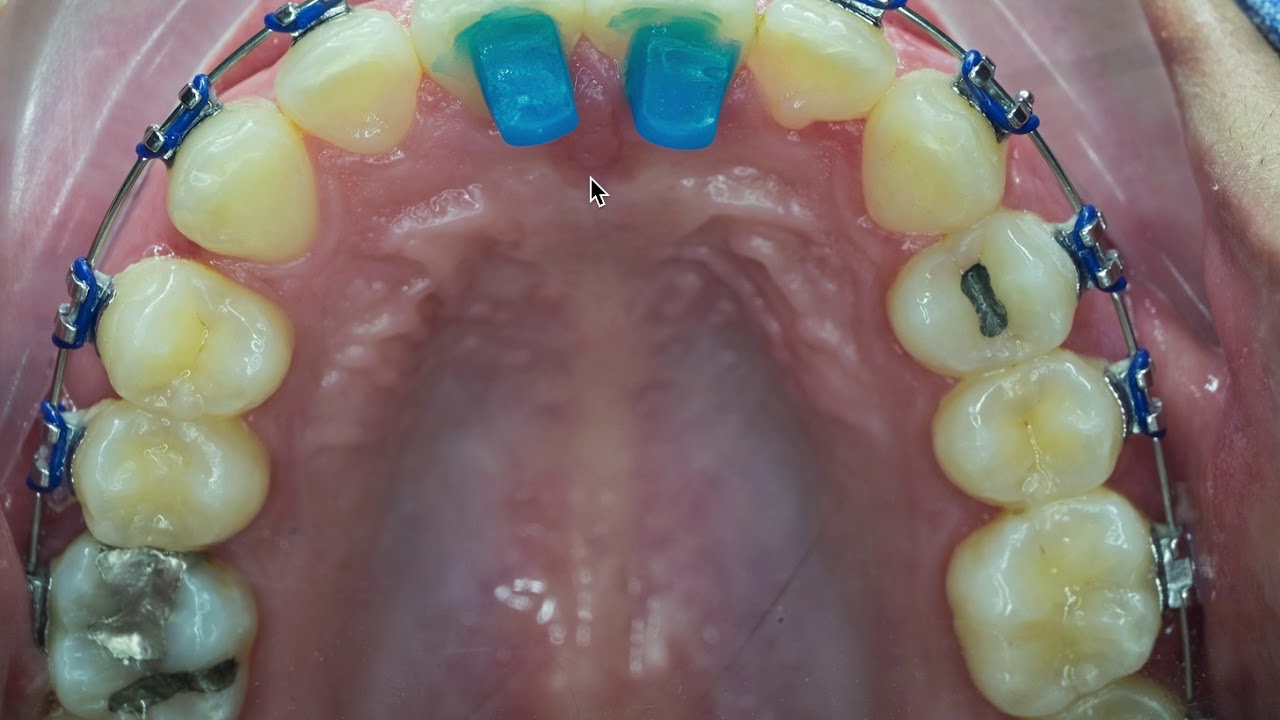Bite blocks are made to help you overcome your fears of being bitten by a dog, but how long do you actually need to wear them? While the instructions will vary from person to person, there are some general rules that will apply most of the time. If you’re new to bite block therapy, here’s how long you should be wearing your bite blocks for and what to do if you think you’re ready to wear them less.
What does your dentist say about wearing bite blocks?
Most dentists agree that wearing bite blocks is okay, but that it’s important to follow their directions. They might recommend using them for a set amount of time or limiting your use to certain foods like steak or hard bread. It’s also best to be careful about how long you wear them each day, so you don’t become dependent on your bite blocks for chewing and end up with weaker jaws. The bottom line: Your dentist knows what’s best for your teeth, so always listen to his/her instructions and take care of yourself! If you have any questions, we encourage you to ask your dentist during your next appointment. Happy chewing!
What are the benefits of wearing them?
A common reason for using bite blocks is to prevent teeth from drifting or moving out of position. Bite blocks are a good choice for patients who have had braces in order to keep their new, straightened teeth from reverting back into crooked positions as time goes on. Because these devices are designed to hold your mouth open and maintain a stable bite, they can also be beneficial in stabilizing certain types of TMJ issues and headaches caused by jaw clenching and grinding. While there’s no scientific proof that they help reduce jaw pain while you sleep, many patients report having better quality sleep when they use bite blocks at night. As with most things related to orthodontics, it’s wise to consult with your dentist before making any changes that might affect your treatment plan.
Are there any disadvantages to wearing them?
The biggest disadvantage is that normal bite could be damaged over time and have to be re-adjusted. For some people, that might not be a big deal, but it can get pretty annoying after a while. If you tend to grind your teeth or clench your jaw when you sleep, wearing bite blocks can prevent you from doing so in an unhealthy way during sleep. However, biting down on hard plastic for extended periods of time is probably not ideal either and should be avoided if possible. Only use them when they are necessary!
How to get used to wearing them
To get used to wearing bite blocks, try leaving them in for a full day when you first get them. Over time, lengthen your usage time until you’re able to wear them during your sleep. It may take a while to get used to them, but if worn correctly and often enough, they will have an incredible impact on your speech therapy program. Just remember not to rush or it could end up backfiring!
Does anyone know how long they should be worn for?
This is a common question we hear from patients in our office. Your bite can, and should, be as normal as possible. Wearing blocks for long periods of time can lead to the breakdown of your bone, teeth shifting positions and gum recession due to constant pressure on your teeth. The answer: you should always wear bite blocks until you have a normal bite. This will give enough time for new bone to grow in order to support your teeth properly.

